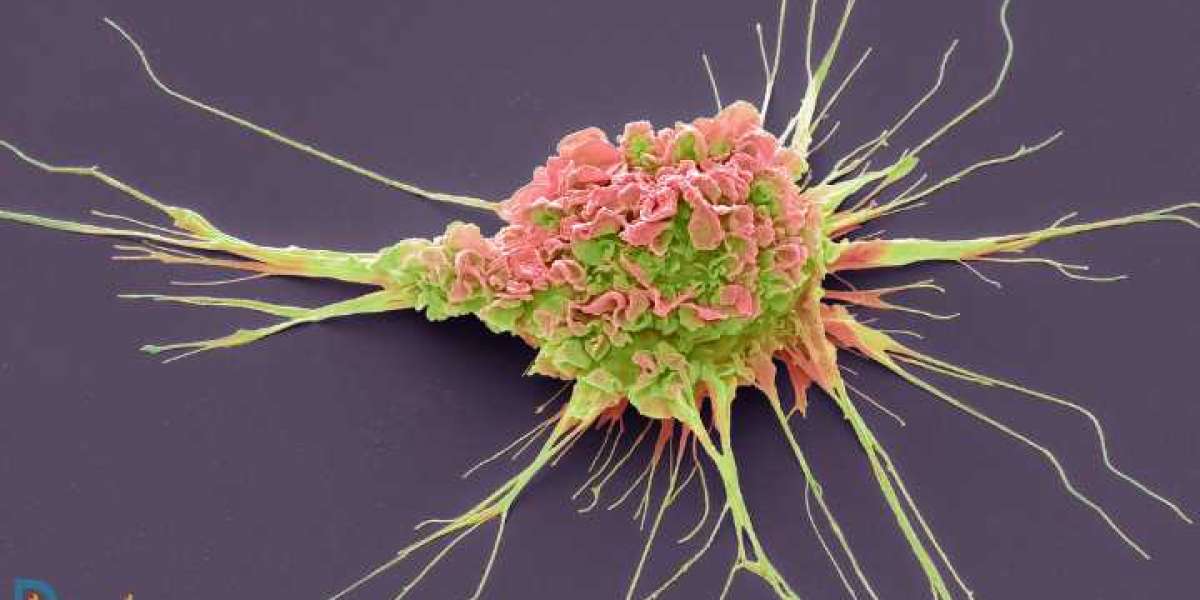What Are CELMoDs?
CELMoDs, or Cereblon E3 Ligase Modulators, are a new category of immunomodulatory drugs that target the same cereblon protein as REVLIMID. However, CELMoDs are designed to work more efficiently by promoting the breakdown of cancer-related proteins. This results in a stronger immune response against cancer cells while aiming to reduce some of the side effects often seen with REVLIMID. The Cereblon E3 ligase complex is key to both the immune-boosting and cancer-fighting properties of these drugs.
How Do They Compare to REVLIMID?
- Mechanism of Action: REVLIMID acts by targeting cereblon, but CELMoDs are crafted to more effectively degrade proteins that drive cancer progression. This enhanced targeting could allow for better control of cancer cells and potentially fewer side effects.
- Improved Efficacy: Early trials indicate that CELMoDs may outperform REVLIMID, especially in patients who have become resistant to existing treatments. Iberdomide, a leading CELMoD in clinical trials, has shown strong responses in relapsed or refractory multiple myeloma patients, many of whom had previously been treated with REVLIMID.
- Overcoming Resistance: One major issue with long-term REVLIMID use is that patients often develop drug resistance. CELMoDs may overcome this problem by using a more robust protein-degradation mechanism, possibly preventing or delaying resistance.
- Wider Patient Applicability: REVLIMID’s use is sometimes limited by its side effects, especially in vulnerable or elderly patients. CELMoDs could offer the same or greater effectiveness with fewer adverse reactions, making them a more suitable option for a broader range of patients.
Clinical Trials and Developments
Iberdomide is the leading CELMoD currently undergoing trials, and early results from Phase 1 and Phase 2 studies are promising. Iberdomide is being tested both as a stand-alone treatment and in combination with other myeloma therapies, such as dexamethasone and proteasome inhibitors. So far, iberdomide has shown significant benefits in patients who were heavily pretreated and resistant to lenalidomide. Other CELMoDs like CC-92480 are also in development and show potential in treating multiple myeloma.
The Future of Multiple Myeloma Treatment
Though it’s still early to say for certain, CELMoDs may soon replace REVLIMID as the go-to treatment for multiple myeloma, especially for patients who have run out of options. Ongoing trials will be key in determining their long-term safety and effectiveness, but CELMoDs could offer a new standard of care. Ultimately, the aim is not only to extend patient survival but also to enhance their quality of life.
Conclusion: Are CELMoDs the Future?
CELMoDs represent an exciting development in the treatment of multiple myeloma. With their potential to more effectively degrade cancer-causing proteins and combat drug resistance, they could soon replace REVLIMID as the primary treatment. While further studies are needed to fully establish their role, CELMoDs are already showing great promise in offering new hope for patients facing this challenging disease.







